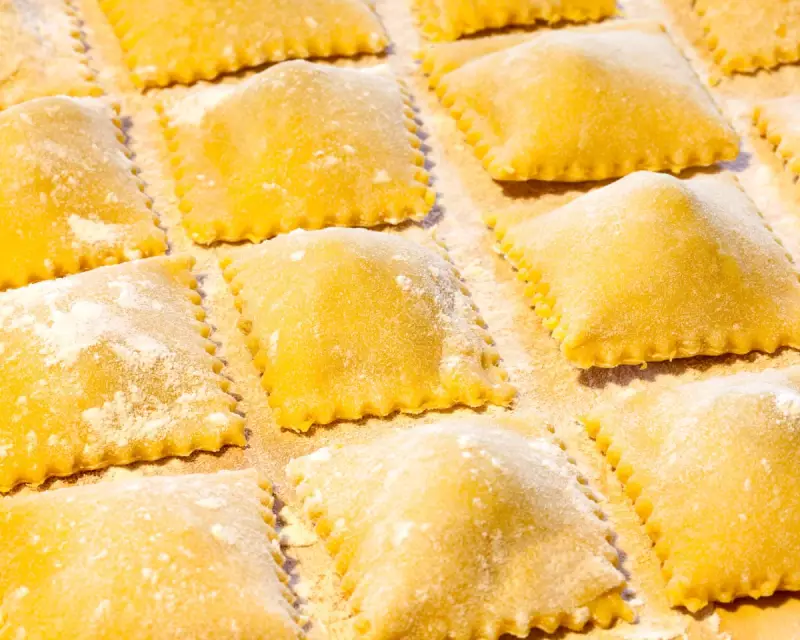
American pasta enthusiasts are bracing for potential shortages and significant price increases as the Trump administration considers imposing massive tariffs on Italian pasta imports that could reach 107%.
The Panic Buying Begins
This week, Kelly, a 42-year-old product manager from Philadelphia, made an emergency trip to her local Wegman's supermarket to stock up on £100 worth of Rummo pasta. Like many Americans with coeliac disease, she relies on specific gluten-free pasta brands that may disappear from shelves if the proposed tariffs take effect in January.
"The idea of not having any pasta that I can safely eat and won't cost an arm and a leg was a little terrifying," said Kelly, who asked not to use her full name due to concerns about retaliation from Trump supporters.
The potential tariff hike has sparked widespread concern among American consumers who depend on Italian pasta imports, particularly those with dietary restrictions. According to the Wall Street Journal, the massive 107% duty could force Italian pasta companies to withdraw from the US market entirely.
Understanding the Tariff Structure
The proposed tariff consists of two components: 92% represents newly proposed duties from the US Department of Commerce, which alleges Italian producers have been selling pasta at unfairly low prices, while the remaining 15% comes from existing Trump tariffs on European Union imports.
Italy currently accounts for approximately $770 million in annual pasta sales to the United States, making this a significant trade issue that could reshape the American pasta market. The timing is particularly concerning for many families, as grocery prices continue to rise across the country.
Scott Laing, a clinical assistant professor of finance at the University at Buffalo School of Management, explained that while most pasta sold in the US is domestically produced, the tariffs will disproportionately affect specific consumer groups. "Maybe a $5.99 box of gluten-free pasta is going to become $11 or $12," Laing predicted.
Broader Market Implications
While brands like Barilla, which maintains a 34% US market share and operates production facilities in America, will likely remain available, experts warn that US manufacturers might use the tariffs as justification to raise their own prices.
"News stories are going around about the tariffs that are already starting to train consumers to think, 'oh, pasta prices are going up,' without realizing that the majority of their pasta isn't actually an Italian import," Laing noted. This psychological effect could allow retailers to increase prices across all pasta products, regardless of their origin.
Scott Ketchum, founder of US artisanal pasta brand Sfoglini, confirmed that American manufacturers will likely "take advantage" of the situation to implement modest price increases. His company already faces challenges due to existing tariffs on organic wheat imported from Italy.
"You never really know what Trump's going to do until it's done," Ketchum remarked, recalling how wheat tariffs initially set at 10% were later increased by an additional 5% after negotiations.
Vulnerable Consumers Bear the Brunt
For Americans with gluten allergies like Katie Gia, a 29-year-old Florida resident, the potential tariffs present both financial and practical challenges. "Gluten-free pasta generally is also limited stock," Gia explained, noting that she cannot afford to stockpile like some consumers.
The situation highlights broader concerns about food accessibility, particularly as Snap benefits face delays due to government shutdowns. The Yale Budget Lab estimated in September that tariffs would cost American households an extra $2,400 annually.
Despite her panic buying, Kelly emphasised that she left plenty of pasta on supermarket shelves for other consumers. She also acknowledged the relative privilege of her concerns while explaining the particular anxiety faced by those with dietary restrictions.
"When you have coeliac disease, so much of your brain power is constantly consumed by food," Kelly said. "What can I eat? What is safe? It's a low-level anxiety that always hangs with you. The idea that a staple food you can eat might just go away is one more dig that we have to deal with."





